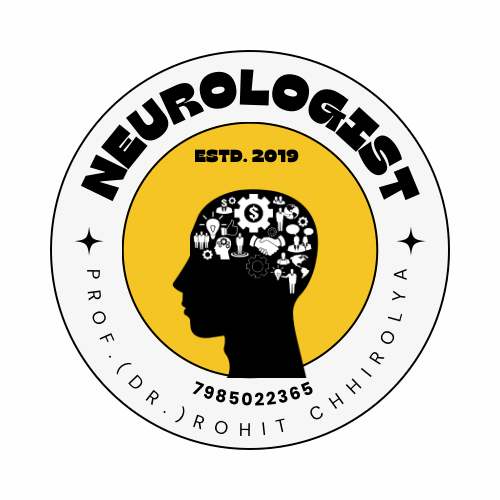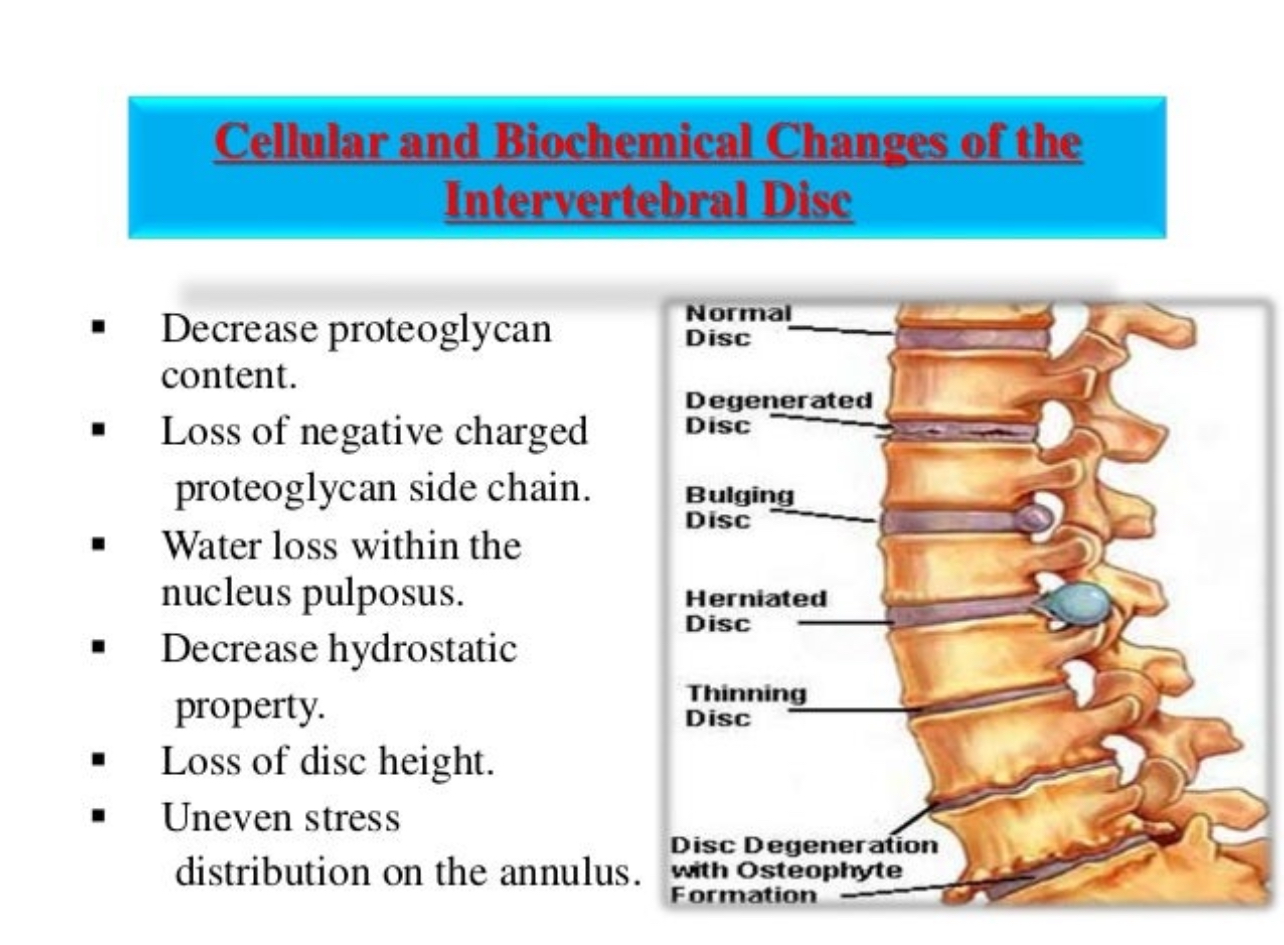How Our Brain Makes Choices About Liking and Disliking:- Prof. (Dr.) Rohit Chhirolya, MD, DM (Neurology) Blog

Every day, we make countless choices—what to eat, whom to befriend, which music to enjoy, and even what values to uphold. But how does our brain decide what we like and dislike? Is it purely a neurological process, or does consciousness play a role? In this article, we explore this question through the lens of neuroscience, Bhagavad Gita, and insights from Sadhguru. ⭕️ The Neuroscience of Liking and Disliking www.NilakanthaBrainClinic.com Our brain’s preferences are shaped by a complex interaction of neurons, neurotransmitters, and past experiences. The key players in this process are: 1. Dopamine & Reward System • The brain’s dopaminergic system influences pleasure and motivation. When we experience something enjoyable, dopamine is released in the ventral striatum (part of the basal ganglia), reinforcing that preference. • If an experience causes discomfort, the brain suppresses dopamine release, leading to aversion. 2. Amygdala & Emotional Memory ...

